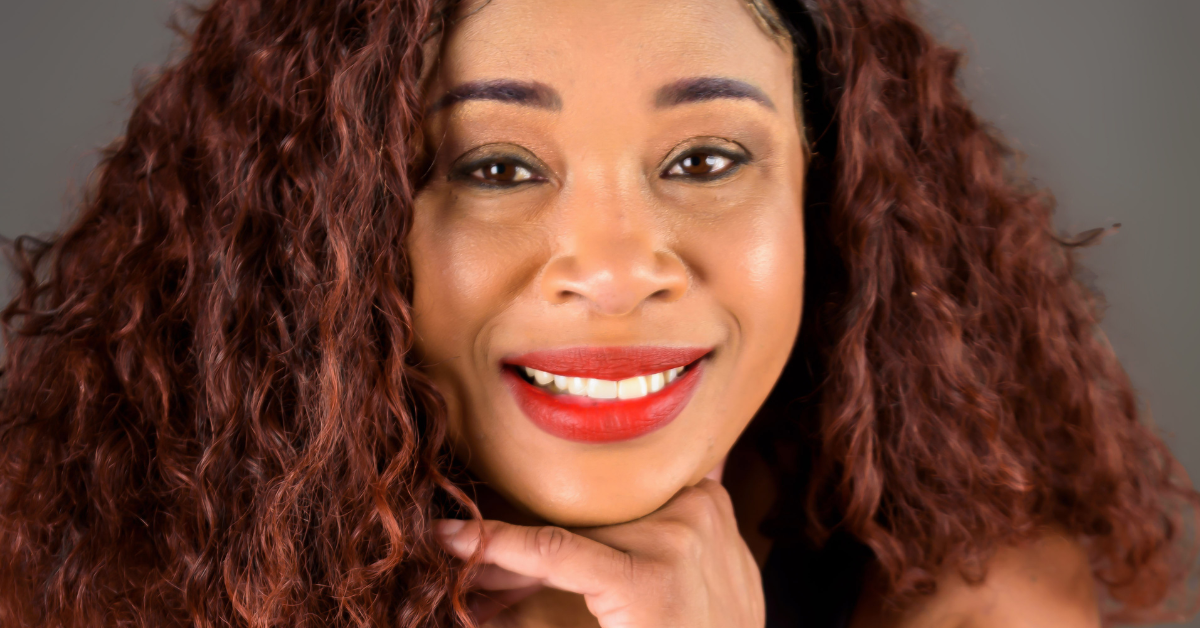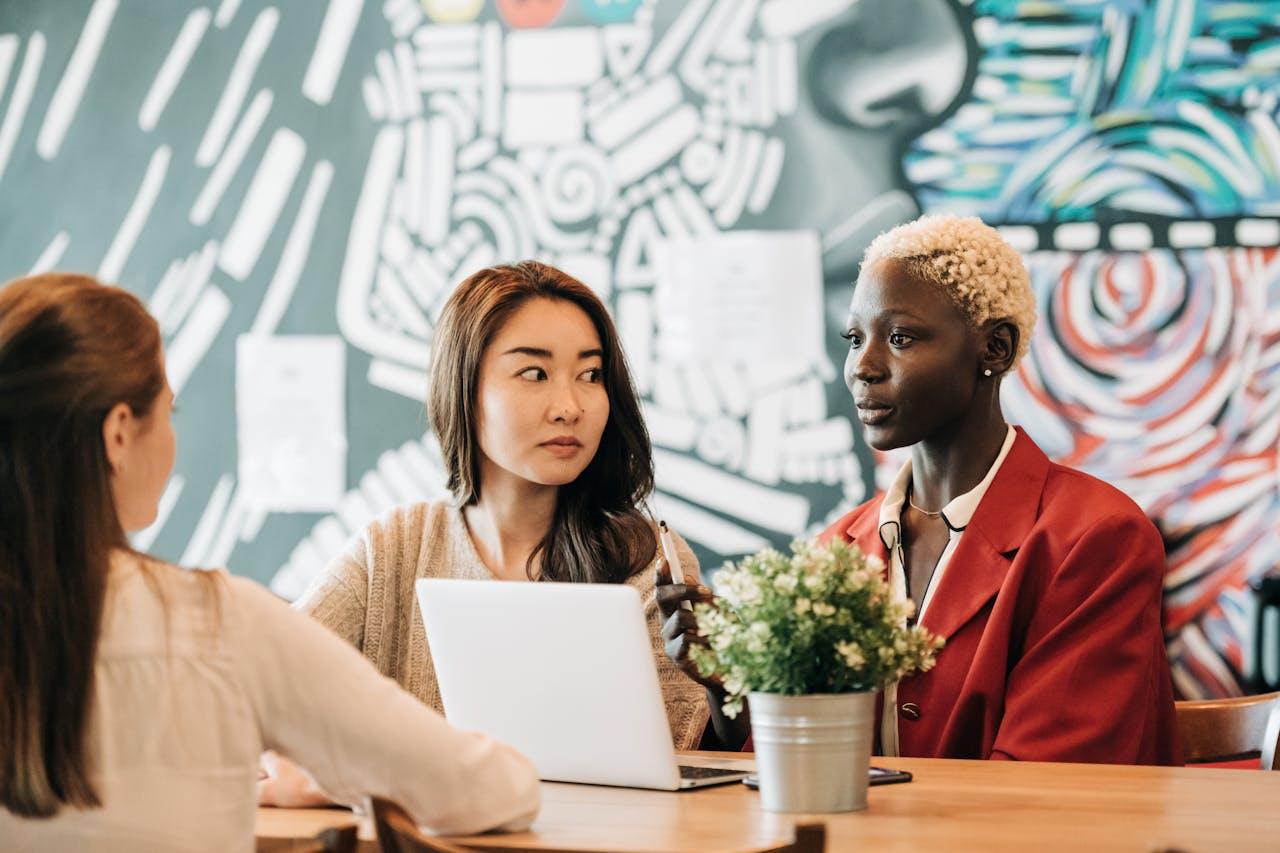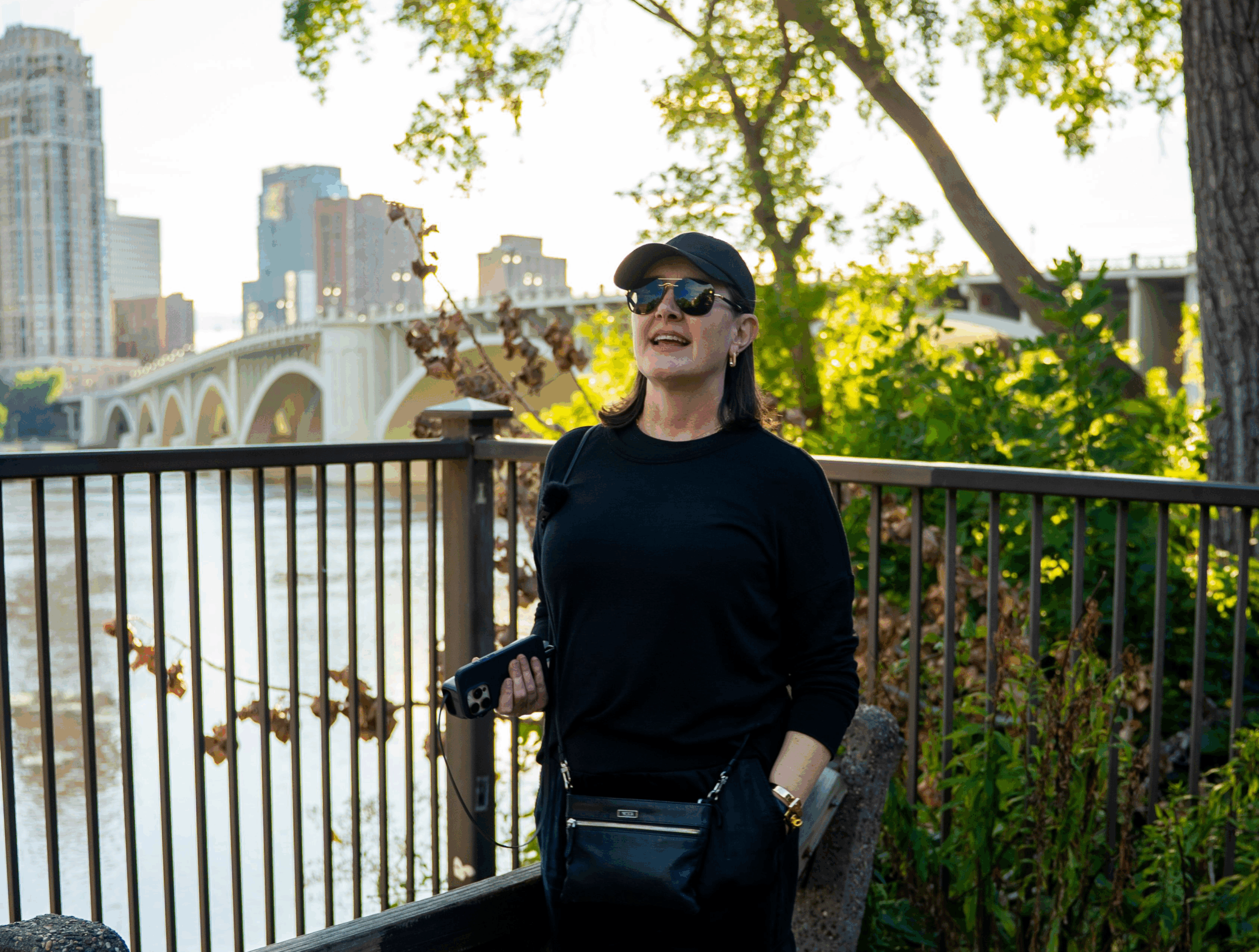These Are The Female Activists You Need To Know About
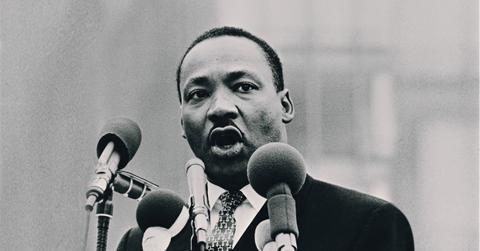
Today, we celebrate the life and memory of a person who moved the civil rights platform forward in America through his peaceful, non-violent protesting, and his humane belief against racial inequality. Martin Luther King Jr. was a humanitarian, an activist, a noble laureate, and was notably, given the Presidential Medal of Freedom and the Congressional Gold Medal posthumously for his work against the racial intolerance and bigotry against African Americans in the United States.
Nearly 50 years later, his legacy lives on through the continued work of activists, community organizers, and those willing to stand up against the racial inequalities people of color face each day in America. These activists have devoted their lives so that the next generation of Americans can live a more egalitarian and peaceful one.
Women, both during King’s time and now, have played a particularly important role within the civil rights movement. Yet historically, their countless stories have gone untold. As activist Johnetta Elzie reflects, “You have to go dig for them. You really have to do your research to find out who Ella Baker is.”
However, women have slowly been gaining recognition for their efforts, especially now. Currently, women are at the forefront of the civil rights movement – from leading protests, to organizing movements and dispersing knowledge. In the age of the internet and social media, women have used these tools to build community, share their voices, and grow ideas into action.
Below, we’ve listed some of the leading female civil rights leaders who are keeping the memory of MLK alive through their works, their words, and by creating a better future for tomorrow through their actions.
Alicia Garza, Patrisse Cullors and Opal Tometi
image via: screen shot taken from Ted Talks
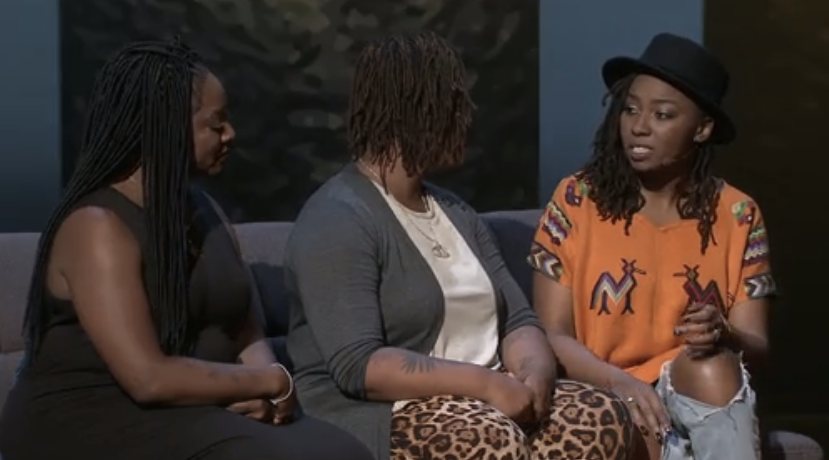
Black Lives Matter is one of the most influential movements in America, and is bringing to light the unjust, lethal violence against Black bodies by our criminal justice system. Alicia Garza, Patrisse Cullors and Opal Tometi are the originators of the call to action and viral hashtag behind the movement. The three women originally met through a national organization for community organizers called BOLD (Black Organizing for Leadership and Dignity). Their relationship continued as they began to unpack the devaluation of Black lives in the wake of police brutality, a questioning that led to a now famous Facebook letter, which eventually included the hashtag, #BlackLivesMatter.
Tamika Mallory
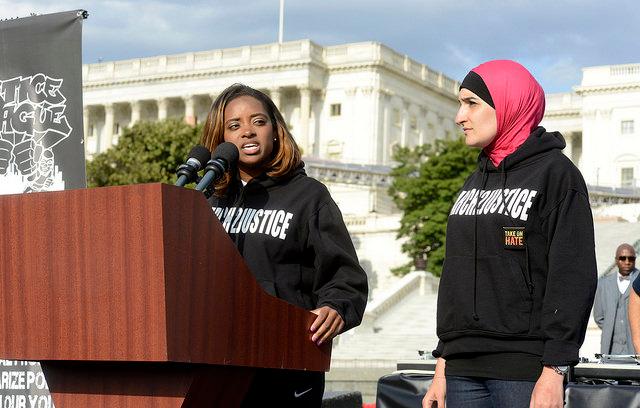
Mallory is a nationally recognized civil rights leader and anti-violence advocate. Currently, she is organizing the upcoming Women’s March on Washington this week. However, Mallory’s background is extensive and includes co-chairing for the Gun Violence Awareness Month initiative, owning a strategic consulting firm, appearing on TV One, CNN, MSNBC, BET to talk about civil rights issues.
Johnetta Elzie
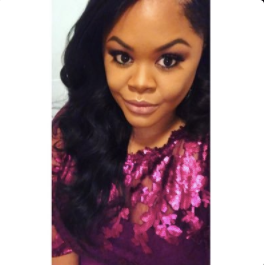
Elzie is an powerful outspoken activist who has been at the forefront of civil rights activism since the shooting of Michael Brown (who grew up near her childhood neighborhood in Ferguson, MO). Elzie leads a group called We The Protesters and is a co-editor of the Ferguson protest newsletter This Is the Movement.
Bree Newsome
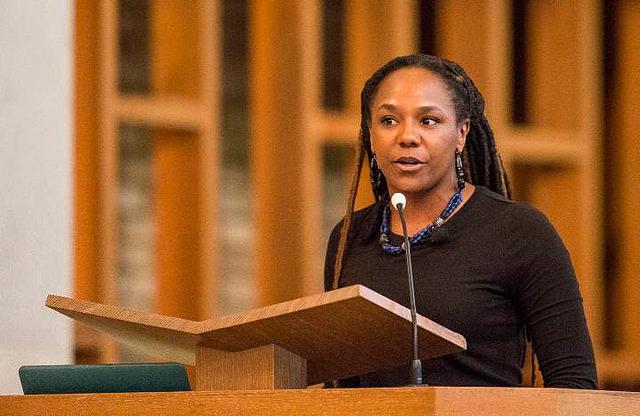
Newsome is a filmmaker, activist and speaker from North Carolina. On June 2015, Newsome climbed the flag pole at the North Carolina State House and took down the confederate flag. She was heard stating the powerful words, “This flag comes down today.” Although she was arrested moments later, the act served to bring enough publicity to force state officials to take the flag down permanently.
Janet Mock
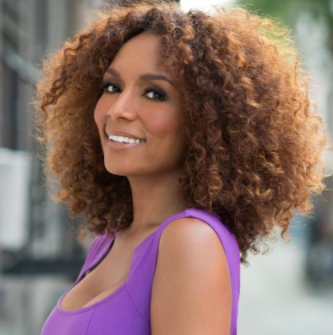
Janet Mock is a journalist, author, and advocate. She was a former editor at People Magazine for five years, a current contributor to Marie Claire, and TV host, and film maker. Her works concentrate on racial inequality in the media and transgender rights activism. You can check out her book, Redefining Realness: My Path to Womanhood, Identity, Love and So Much More, here.
Michelle Alexander
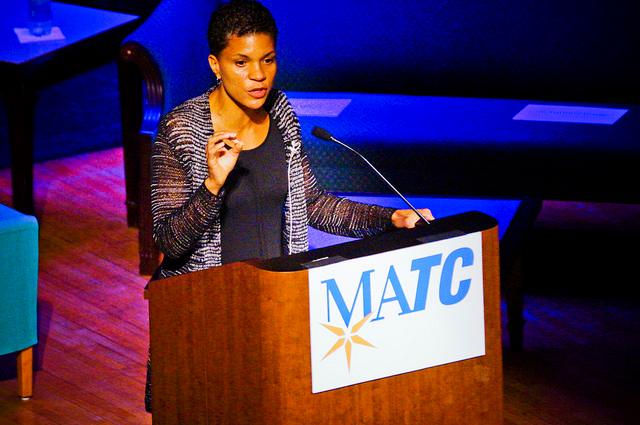
Understanding racial inequalities means understanding the systems that perpetuate racial bias and disparity. Michelle Alexander is doing exactly this. Alexander is a professor at Ohio State University Moritz College of Law. In 2010 she wrote a book entitled “The New Jim Crow: Mass Incarceration in the Age of Colorblindness. The book details the history of the mass incarceration movement, and how the movement has been used to obtain racial and social control. Read more about Alexander’s theory here.
Amandla Stenberg
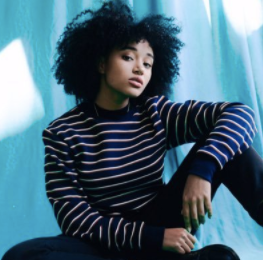
You may remember her as little Rue in the Hunger Games, but Amandla Stenberg has grown up and is paving a path outside the world of acting. Stenberg has used her platform to talk about important issues like feminism, racism and intersectionality. Read her interview with Gloria Steinem in Teen Vouge here.

